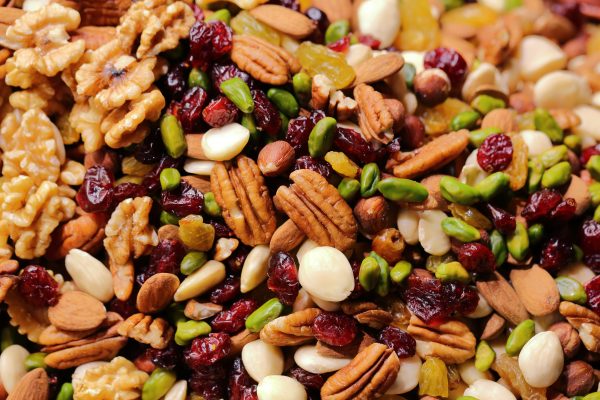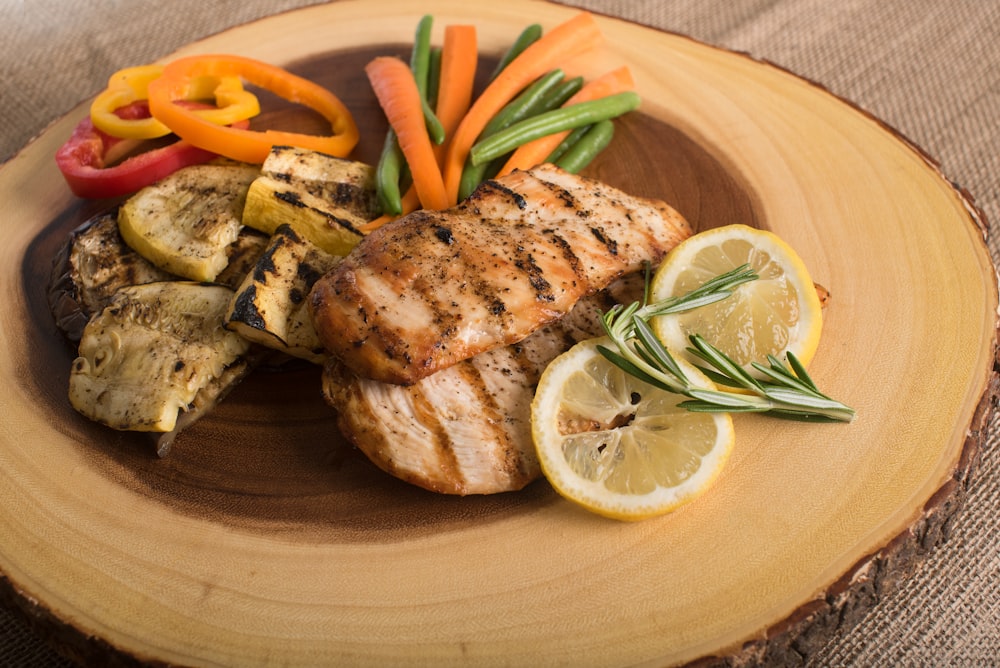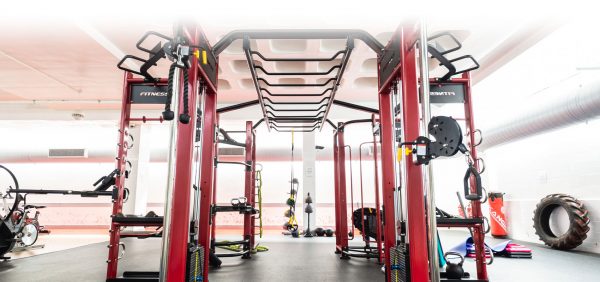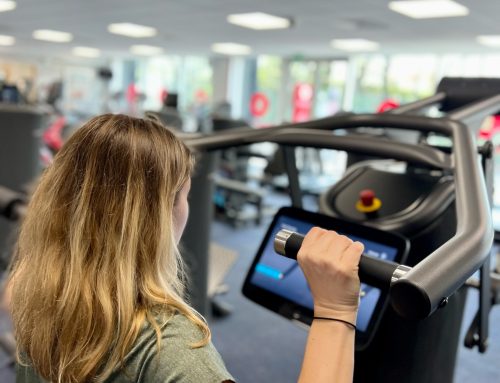Diet & Exercise for Muscle Gain
It’s well-known that fitness goals can only be achieved by working on your diet as well as your exercise regimen. This also applies to muscle gain!
Eating a balanced diet is the baseline for staying healthy, however, you can also adjust your diet bases on your fitness goal to maximize your gains from exercise.
So, when your goal is to increase your muscle mass, diet plays an especially important role as you need to fuel this increase. Let’s take a look at some ways you can adjust your diet to achieve your goal of gaining muscle.
Protein Boost
Protein is often the nutrient most associated with muscle gain. While it is not all about protein, it does play an important role.
You need to increase your protein intake when building muscle. According to the website eatright.org, in healthy adults, protein should make up between 10 and 35% of their daily nutrition.
When you’re exercising to gain muscle mass, your protein needs will change and move to the higher end of this range. When you’re simply maintaining muscle, your protein needs won’t be as high.
(Fact check: you don’t need to be wolfing down grilled chicken24/7. Phew!)

Carbohydrates for Energy
Carbs fuel your muscles by being partially converted into glycogen, a form of energy which is stored in the muscles.
For this reason, when you’re working out to gain muscle mass, you don’t want to be dropping carbs from your diet.
Instead, focus on incorporating carbohydrates that also provide dietary fibre (roughage) into your meals. For instance, wholegrain breads and cereals contain lots of fibre. These foods tend to be more filling, keep your cholesterol and blood sugar in check, and are overall essential for a balanced diet.
Lastly, when it comes to carbs, the only thing to avoid is saturated fats. These are highly-processed foods which can increase your blood sugar and have little positive contribution to your health.
Fats, Fats, Fats
An essential part of your diet, especially when you’re looking to increase your muscle mass, is fats.
Fats supply energy to the muscles during physical activity. Fat needs vary based on the individual – similar to protein, there is a healthy range of fats consumption. Knowing where you stand on this range can depend on your metabolism, and can often take some adjusting to nail down.
Many fats are encouraged parts of a healthy diet, specifically what is known as ‘heart-healthy fats’. These include, oils, such as olive oil, avocados, and many types of fish, as they are nutrient heavy.
Some Key Diet Tips for Muscle Gain
Aside from maintain an overall balanced and healthy diet, what are some changes you can make to your diet to better support your workouts?
Firstly, when it comes to building muscle mass, a positive energy balance is necessary. Essentially, this means you need to be taking in more calories than you’re burning at the gym.
Watch out for bulk eating though: increasing your daily consumption too fast can lead to fat gain. On average, it is recommended to consume an additional 250-500 kcal per day to build muscle. Where you sit on this range will depend on your body, so find what works best for you.
Secondly, research suggests consuming lean protein up to 15 minutes before a workout, during a workout, and up to an hour following a workout, can boost muscle gain. No need to be bringing chicken to the gym: why not try a protein drink or supplement?
Some other tips for adjusting your diet to muscle gain include starting the day off with a healthy breakfast, eating at regular, fixed intervals to avoid unplanned and unhealthy snacking, and consuming protein, fruit, and vegetables with each meal.
Lastly, don’t forget the most important thing: hydration! Strength training causes you to lose more water through sweating, so be sure to being some water with you to the gym.
Personal Training
If you’re unsure of how to go about increasing your muscle mass, check in with one of Beckwith Health Club’s personal trainers. You can find their details on our website here, or stop by the club and say hi!
They’ll be able to provide you with a personalized training plan and guide you through the workouts. They’ll also be able to give you tips on your dietary needs.
See you soon at Beckwith!









